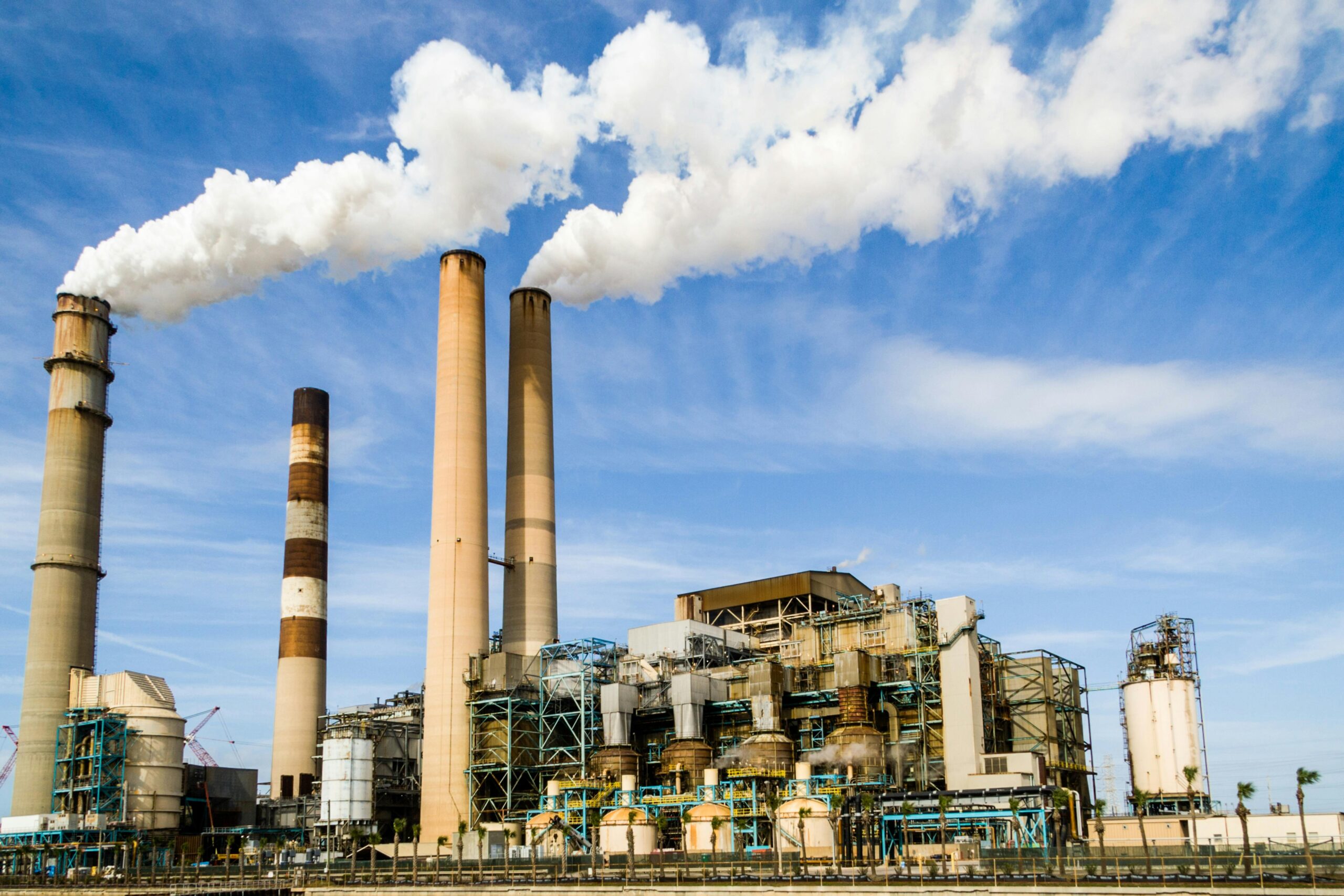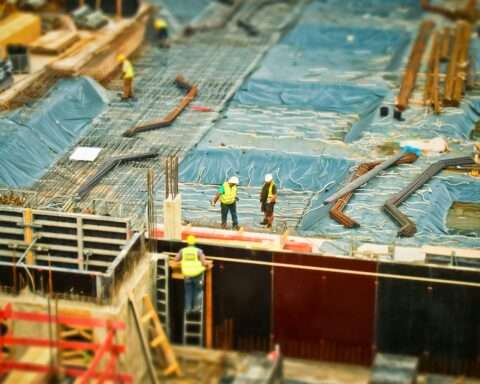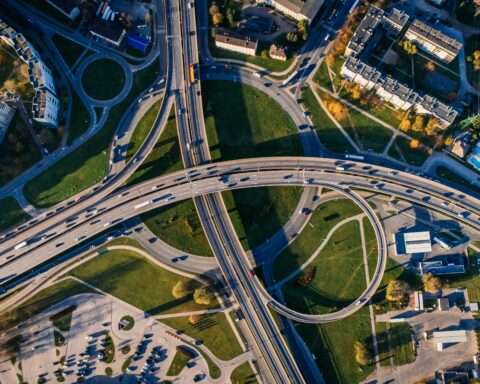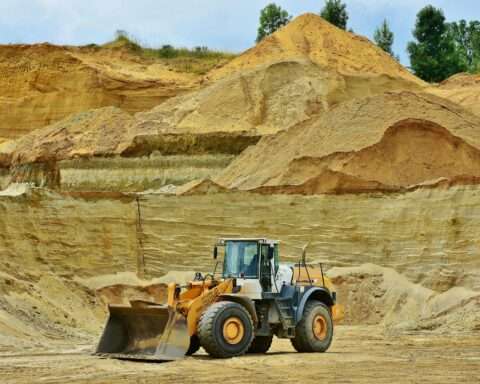The U.S. Environmental Protection Agency (EPA) is making the single largest investment into environmental and climate justice ever, awarding billions in grants to reinforce the nation’s climate-prone infrastructure.
The EPA is announcing nearly $1.6 billion in grants through the second round of the Community Change Grants Program, a federal initiative seeking to mitigate pollution’s impact on the environment and enhance resiliency in community facilities. Backed by the Bipartisan Infrastructure Law, the grants will advance resilient infrastructure projects around the nation and further the feds’ commitment to decarbonizing historically disadvantaged communities.
The program, administered by the EPA’s Office of Environmental Justice and External Civil Rights, will pursue a community-driven approach to tackling climate inequities and developing a workforce for an industry in need of rejuvenation.
RELATED: EPA announces $735 million in grants to replace heavy-duty combustion vehicles
Representing the program’s second grant dispersal since its establishment in late 2023, this round of funding will include a variety of projects that construct resilient infrastructure in the face of extreme weather events, bolster workforce development initiatives and mitigate air, water and soil pollution in the nation’s disadvantaged communities.
Some of the EPA’s highlighted projects set to secure Community Change funding are listed below:
- City of Evansville, Indiana, partnering with the Welborn Baptist Foundation, Inc. – The city will pursue an air quality project that will reduce pollution and protect public health in Evansville. Along with expanding electric vehicle charging infrastructure, the project will create 15 mobility hubs around the city, enhance bike share programs, expand the city’s micro transit program to include solar power and conduct an electric vehicle awareness campaign.
- The Working Lands Trust Inc. partnering with Democracy Green – The North Carolina-based project will tackle environmental injustice in the Gullah and Geechee communities. The project anticipates enhancing resilience against climate change by improving water quality, removing lead pipes and restoring natural wetlands for better filtration, flood reduction and biodiversity.
- Southwest Florida Community Foundation dba Collaboratory partnering with the Lee County Board of Commissioners – The project will establish four interconnected resilience hubs to serve as vital community centers in Ft. Myers’ disadvantaged communities. These hubs will serve as centers for social services, disaster planning and community engagement on regular days, and as cooling centers during extreme heat. In emergencies, they will provide resources like backup electricity, communications, water, food and healthcare. Additionally, the project will enhance stormwater management and water quality through the development of a filter marsh and stormwater improvements in Ten Mile Canal.
Of the projects, some will benefit from targeted program investments that specifically address disadvantaged communities with regard to unique, localized circumstances and geography. This targeted funding, totaling $600 million, will allow these communities to conduct infrastructure, climate and workforce initiatives tailored to regional needs, including approximately $150 million for tribal nations in Alaska.
Concluding this second round, the EPA will have awarded nearly $2 billion in grants through the Community Change initiative. While the program has limited funding remaining, the grant program will continue to announce award selections on a rolling basis.
Accommodating nearly $40 billion in requests, the EPA anticipates allocating the majority of remaining Community Change grants as they evaluate all applicants in Spring.
The EPA has made the full list of 105 award recipients available on the Community Change Grants Selections webpage, including more information on the program.
Photo by Pixabay













